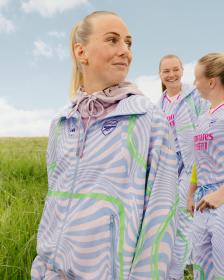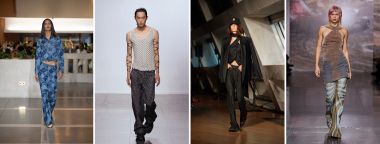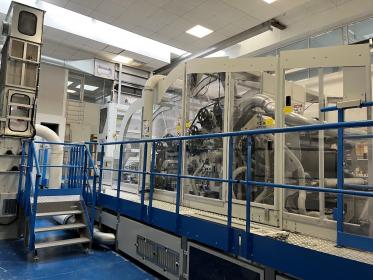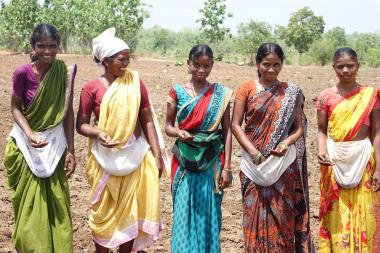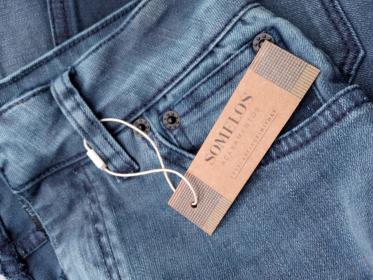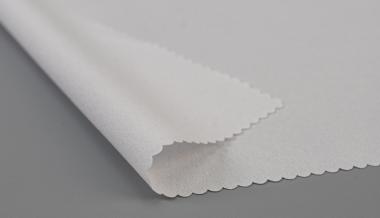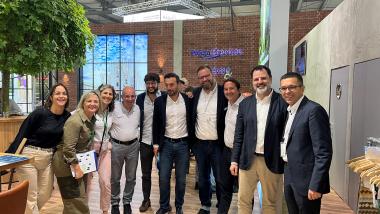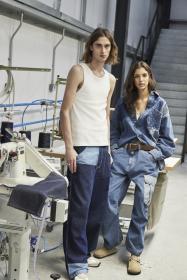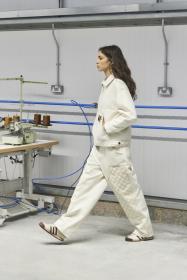Library of Colors fully Integrated Into Shima Seiki Design System With Color Atlas By Archroma®
Archroma and Shima Seiki have expanded their partnership to bring the industry’s largest library of colors for cotton and polyester to the SDS®-ONE APEX design, planning and virtual sampling system and APEXFiz® (hereafter SDS®-ONE APEX series) subscription software.
Now offering a total of 5,760 color references, SDS-ONE APEX series has added all 1,440 colors for polyester from The Color Atlas by Archroma® to its color library of 4,320 Color Atlas colors for cotton poplin. The new polyester collection ranges from neutral earth tones to vibrant jewel tones and on-trend fluorescent colors, with shades suitable for sportswear, fashion, home furnishings, automotive textiles and more.
The extended color library in SDS®-ONE APEX series will help designers and manufacturers to visualize and evaluate their design choices on realistic fabric simulations and then put them into production with dyes and finishes that meet their desired sustainability profile. The Shima Seiki system also offers a smooth transition to machine programming for quick and accurate production, reduced waste and accelerated time to market.
Each of the 5,760 Color Atlas color references in the SDS®-ONE APEX series design software is available as a physical color standard that includes precise dyeing recipes and compliance data, as well as access to expert technical support from Archroma around the world.
“Polyester remains the most popular choice across many textile segments where high performance is a must. Users of Shima Seiki’s advanced SDS®-ONE APEX series platform will now be able to select from the industry’s largest library of colors for both cotton and polyester and, more importantly, trust that their choice can be reliably executed,” Chris Hipps, Head of Strategic Business Development, Archroma Color Management, said.
“Our colors are formulated with dyes that comply with international eco-standards and work with Archroma’s groundbreaking coloration systems, like FAST SPORT,” he continued.
Archroma




